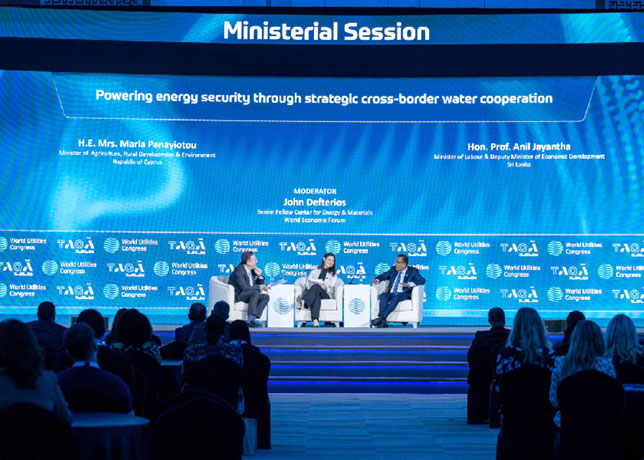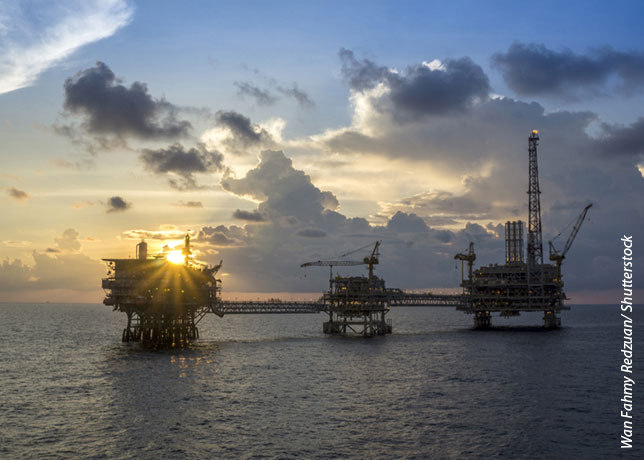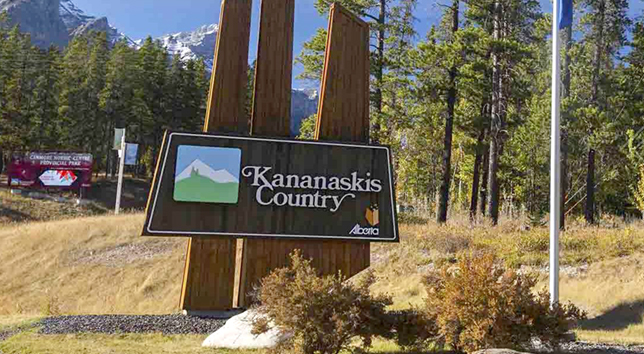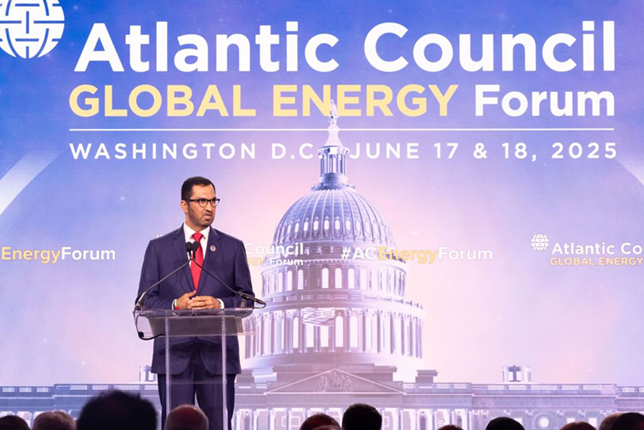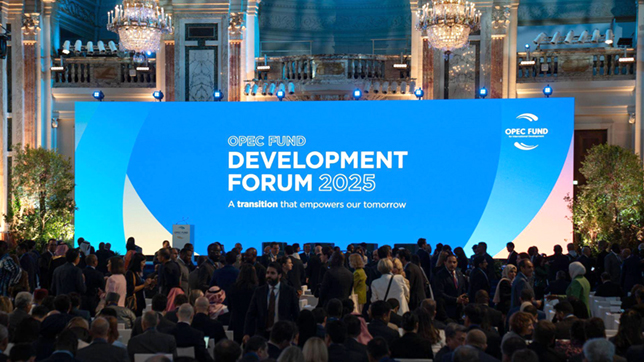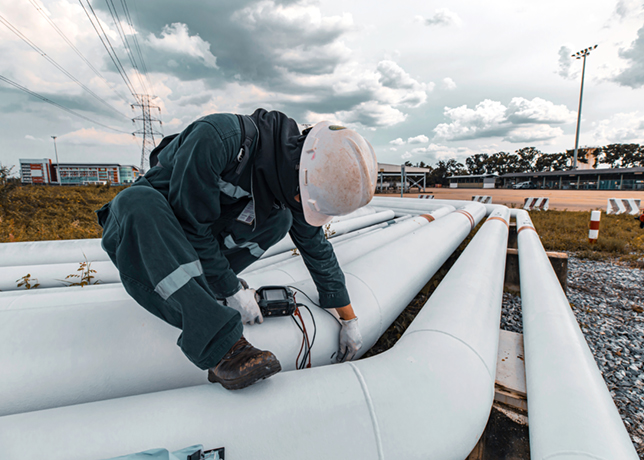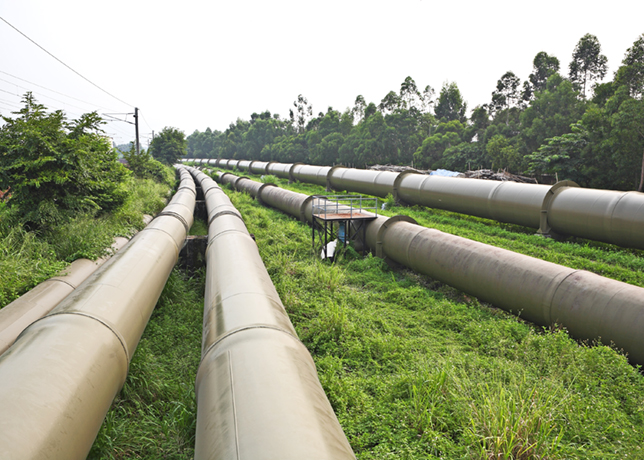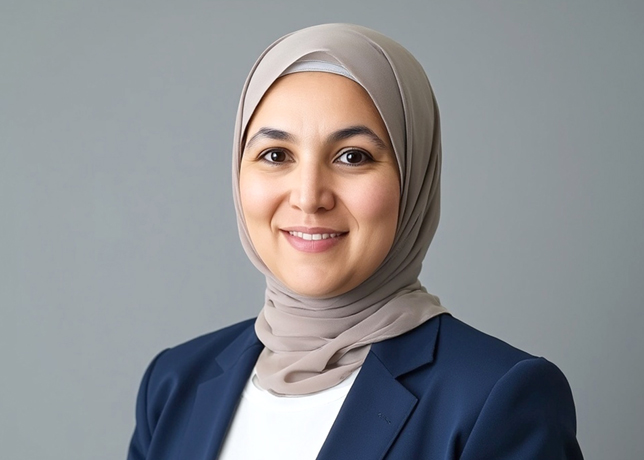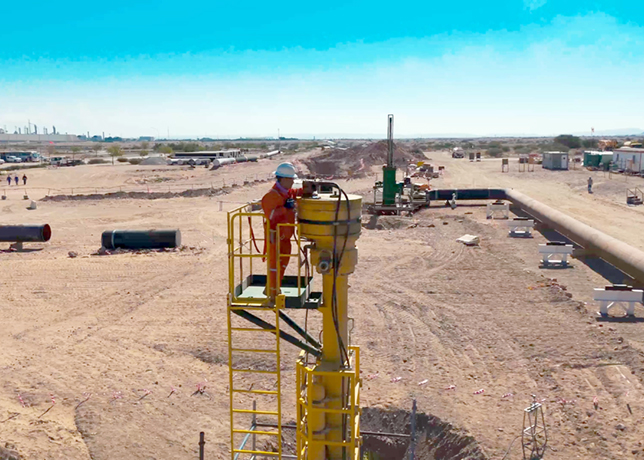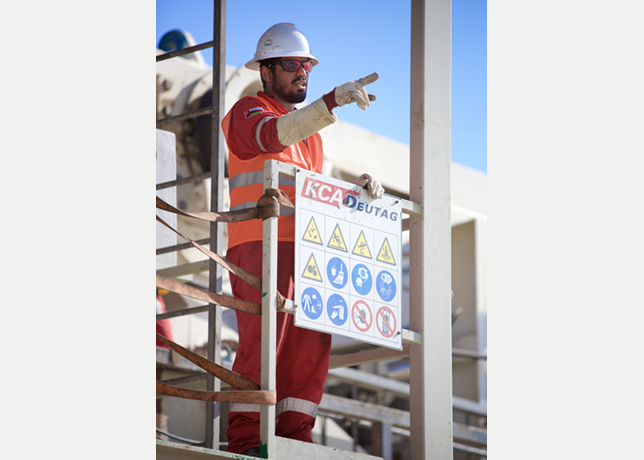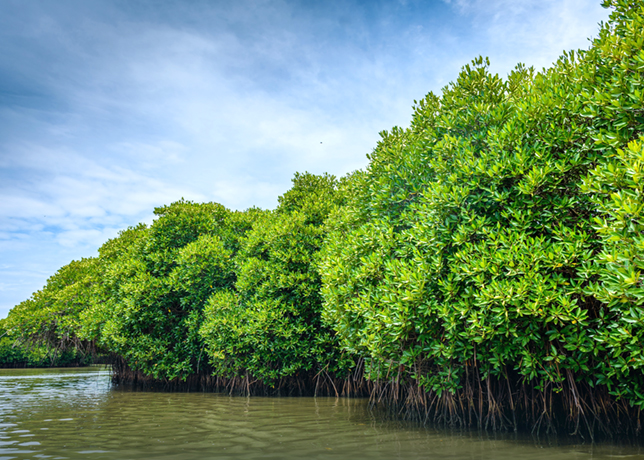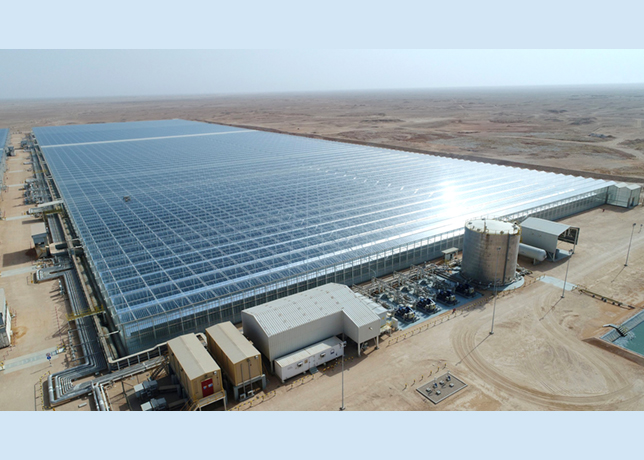
 PRT heater filters for 5 streams including PVAXX
PRT heater filters for 5 streams including PVAXX
Oman Gas Company (OGC), which took over the government gas transportation system from Petroleum Development Oman (PDO) in 2001, has many achievements to its credit.
In five years, it has more than doubled the pipeline capacity - from 900km to over 2000 km today, says Yousuf Mohammed Al-Ojaili, Chief Executive Officer, Oman Gas Company.
“The 900 km of pipelines mainly covered the Muscat and Batinah regions but today pipelines are all over Oman. We have added a new pipeline to Sohar which is also used to export to Dolphin project.
“Then we also have to our credit the longest pipeline, around 700 km long, serving not only the Salalah region, but also consumers along the pipeline like PDO and Occidental,” he said.
Oman Gas Company was established as a closed joint stock company in August 2000. The shareholders of the company are the Ministry of Oil and Gas 80 per cent and Oman Oil Company 20 per cent.
Royal Decree No 78/200 granted the company concession rights for 27 years to own, construct, maintain and operate gas pipelines and associated facilities in Oman.
The company is engaged in the business of transmission and supply of natural gas.
PDO operates all gasfields on behalf of Oman government and OGC transports the gas.
“Our responsibility is downstream from the pipeline to the customers - all domestic and exports to UAE,” he says.
Oman Gas Company is the major gas transportation company in Oman delivering natural gas to main economic sectors in the country, such as power plants and industries.
Oman Gas Company gas transportation facilities extend between Fahud, Muscat and Sohar in the north and from Saih-Rawl to Salalah in the south of the country, comprising about 2,000 km of transmission pipelines and over 15 pressure reduction terminals.
Oman Gas Company is presently delivering natural gas to power generation plants and industrial estates.
Another achievement for the company is that in five years time it has started functioning independently.
When it took over from PDO in 2001, it tasked Canadian Energy Service (CES) to operate and maintain the gas transportation facilities on its behalf.
The scope of work for CES has included development of systems and procedures for the operation and maintenance activities, applying a high standard quality system and health, safety and environmental procedures.
CES were also tasked with the development and training of Omanis to manage the operation and maintenance system at the end of the five-year contract.
“Since January 2005 we have been handling the operations on our own,” says Yousuf.
“Though we still have specialised support contractors, like we have maintenance contractor who does the execution but we do the planning and the management. Most of the major contracts are with Omani companies. We also have support contract in special areas like the control system. Procurement is done mainly by us for bigger projects we chose the EPC way.”
Today the Oman Gas Company is operating in five regions of Oman, namely Fahud, Sohar, Salalah, Nimr and Muscat.
It has offices in all the regions with total staff strength around 140 people, more than half of these are based in the Headquarter Muscat and the rest are in the regional offices.
“More than 83 per cent of our staff is Omani, which is a big achievement and we are very proud of. Ours is a 100 per cent Omani managed company and we are engaged in developing the expertise of Omanis.”
The next big project for Oman Gas Company is setting up of compressor stations. “Since we are going to import Dolphin gas we need compressor stations. We will have one in Al Buraimi for that area.
“Another major project will be compressor station at Fahud, a hub where all the pipelines meet.
“Here we have pipelines coming from upstream LNG fields then we also have fields supplying local domestic gas. All these meet at Fahud, a place 300 km from Sohar in the interiors.”
The company’s contract with Dolphin is for 5.5 million cu m per day, a long term contract starting 2008. Gas will be transported from Dolphin to Sohar.
Then the gas will be mixed with other gas coming from Fahud and will be used for the entire petrochemical industry in Sohar.
“We are also supplying gas to many major industries in Sohar starting with power station which is already commissioned and the refinery. We also have a methanol, a fertiliser plant (both ongoing), aluminium smelter plant also ongoing and a steel plant.
“All these projects are either receiving our gas or will start receiving shortly,” says Yousuf.
The company also supplies many power projects in Oman.
“Our relationship with the Ministry of Electricity dates back to 1978 when the first power station was built.
“Since then a number of power plants have been built we are heavily involved in supplying gas to the various power plants like the Barka power plant, Salalah and Sohar power stations,” he said.
Commenting on the future plans, Yousuf says today Oman is producing 16 million cu m gas per day of which three to four million comes from Occidental and the rest from PDO.
“As the industries pick there will more production. Oman is expanding and we are getting ready for expansion,” he said.










